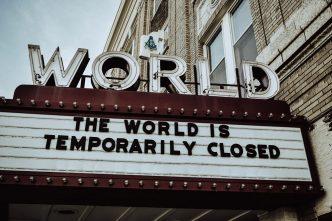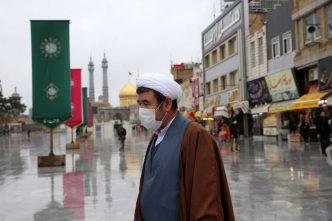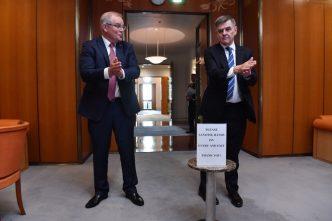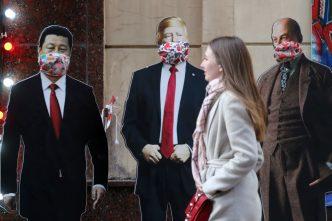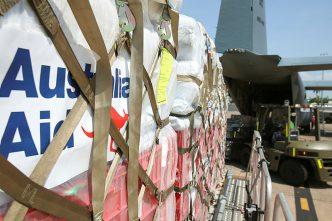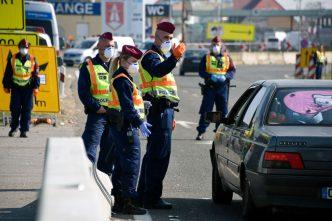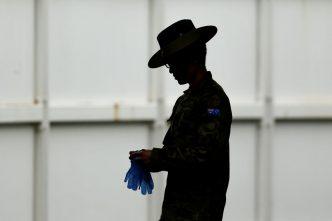The Australian government is properly focused on managing the domestic effects of Covid-19. But we must also think about a changing external environment. Middle powers are not generally prime movers in major international shifts, tending rather …
The novel coronavirus first appeared in Wuhan, China, in December 2019. It spread throughout the nation in January, and then across the world. Now, there are over 1.2 million confirmed cases across more than 183 …
While the United States and China squabble about the origins of the novel coronavirus, a more serious contest is underway over the severe economic sanctions against Iran, Syria, Venezuela, Cuba, North Korea and, to a …
The novel coronavirus has been steadily creeping into our communities. As we seek to ensure our families’ health and safety, to many people food has never seemed so important, both as a source of nutrition …
Just as all politics is local, so Canberra is ever about politics (it’s the whole reason the place was built). Pandemic has smashed into Australia’s capital, remaking the dynamic and direction of politics. Normal politics …
Covid-19 is confronting humanity with its most severe test since 1918, when an influenza pandemic killed more people than died in World War I. Yet the leaders of the world’s two largest economies, China and …
Black swan events produce big but unforeseen consequences. Was Australia’s Prime Minister Scott Morrison right, even prescient, in his speech at the Lowy Institute on 3 October 2019? It’s hard to think of a better example …
In this pandemic, every nation’s leaders and institutions are rightly focused on ensuring the wellbeing of their own populations. Despite this introspection, Australia cannot achieve that result without cooperation with its regional and broader international …
Threats to national security invariably limit domestic political disputes. Now that governments have assumed a leading role in fighting the Covid-19 pandemic, the political opposition in countries under populist rule is quickly being marginalised. In …
In their prophetic 2018 book, The end of epidemics, authors Jonathan Quick and Bronwyn Fryer warned that ‘a severe worldwide pandemic could cost the global economy up to [US]$2.5 trillion.’ They also warned of the …
In a world filled with think tanks, shrewd minds and an internet, interesting assessments of the geopolitical ramifications of Covid-19 appear almost daily. From Michel Duclos’s observation that the pandemic is ‘a crisis revealing a …
When pandemics strike, world leaders and health responders must adapt quickly to the looming threat. Often the last factor they consider—if it makes their to-do lists at all—is gender. As advocates for the health and …
